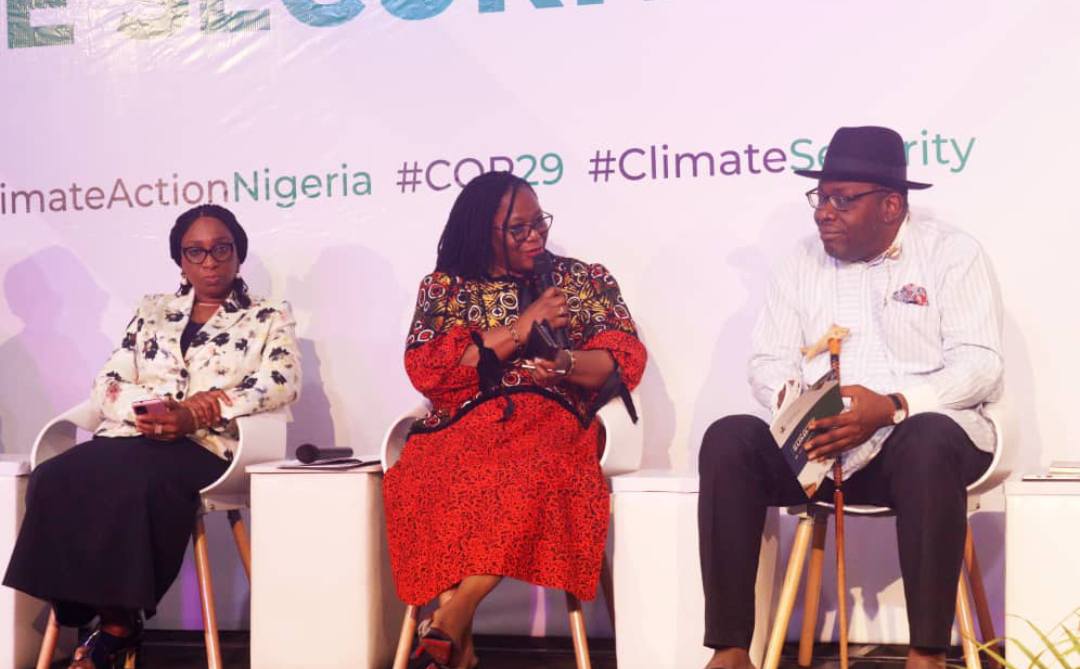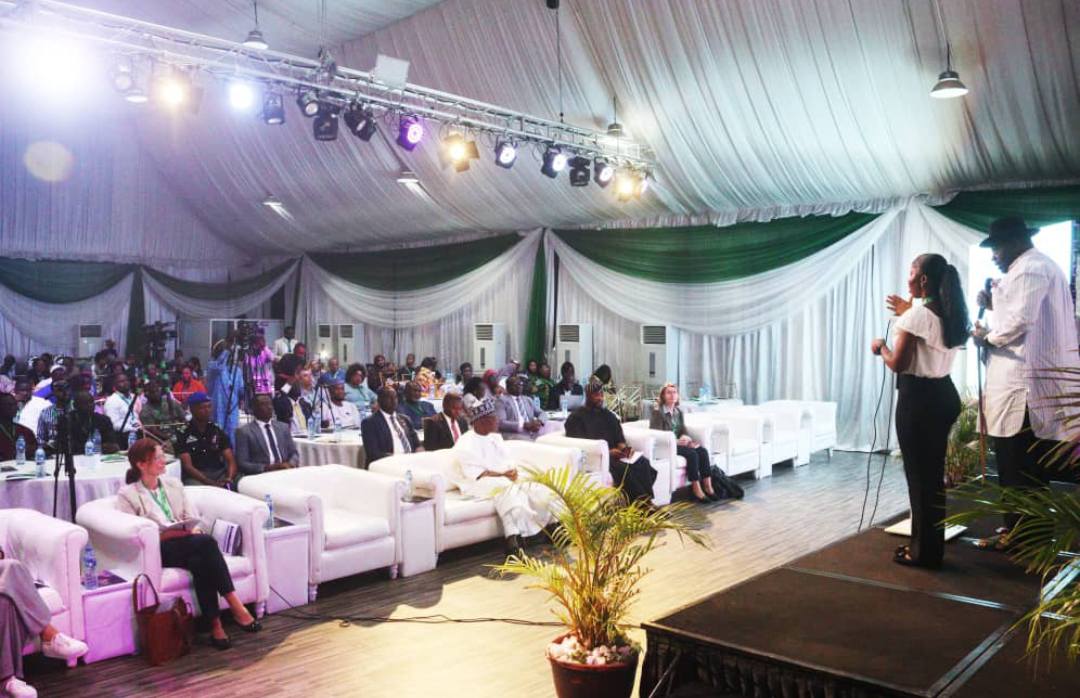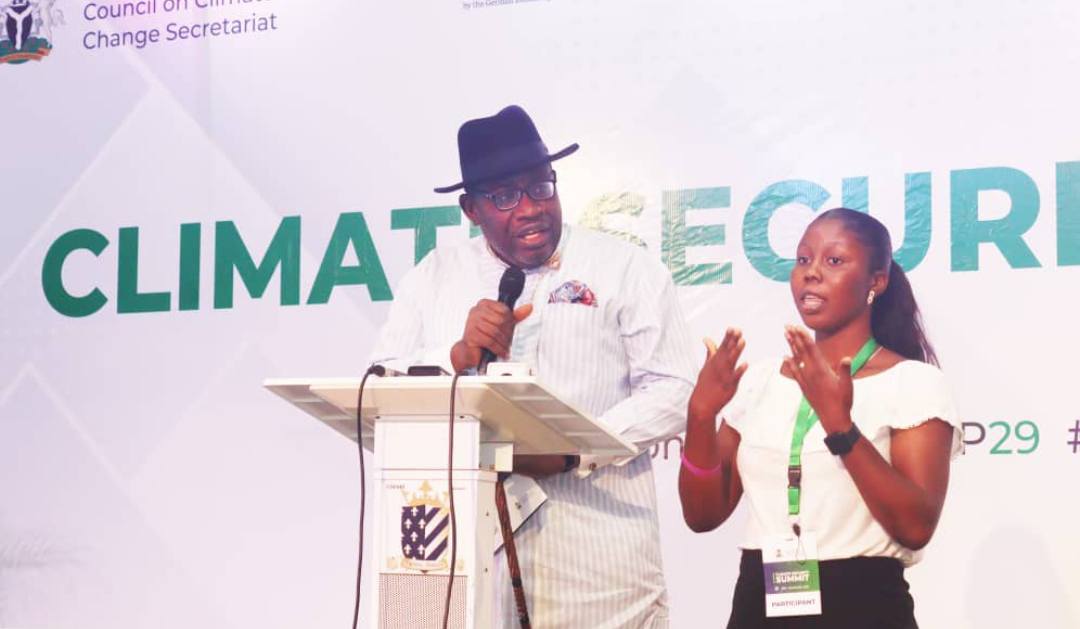Title: The Urgent Need for Climate Action: A Recap of the National Climate Council Panel Discussion
In a powerful show of support for climate action, Sen Henry Seriake Dickson had the privilege to deliver a goodwill message and engage in a thought-provoking panel discussion on climate change, hosted by the National Climate Council. With climate change increasingly impacting ecosystems, economies, and communities, the call for immediate, coordinated action is now louder than ever.



The Need for Collaboration and Support
During his address, He emphasized the importance of widespread sensitization, collaboration, and support for the National Council on Climate Change (NCCC). Established by legislation, the NCCC plays a crucial role in aligning Nigeria’s climate action with global standards and commitments. However, realizing the goals outlined in the Climate Act requires commitment from all stakeholders.The President’s Role: Activating the Nigerian Climate Fund
In line with the urgency of climate action, we are united in calling for the President to operationalize the Nigerian Climate Fund. This fund is designed to provide critical financial resources to address climate impacts and accelerate initiatives that reduce emissions and enhance climate resilience across Nigeria. Moreover, the activation of the Nigerian Climate Council, which the President will chair, is essential to ensure that climate policy is seamlessly integrated into national governance.Integrating Climate Policy Across Ministries
Climate action is not limited to one sector; it demands an all-encompassing approach. I urged the President to engage all Ministries, Departments, and Agencies in aligning with the NCCC’s mandate. Climate resilience and environmental sustainability must be priorities in each sector’s agenda, from agriculture to infrastructure, ensuring a unified approach to mitigating the impacts of climate change.The Role of the National Assembly
As legislators, the National Assembly is fully committed to doing its part. We are prepared to support and, where necessary, amend legislation to ensure that climate policies and actions are robust and effective. Our collective responsibility as lawmakers extends to monitoring, funding, and facilitating policies that can lead Nigeria toward a sustainable future.Conclusion
The fight against climate change requires unity, dedication, and immediate action. Through a coordinated effort between the government, private sector, and citizens, we can build a climate-resilient Nigeria that not only addresses environmental challenges but also leverages green opportunities for sustainable growth. Now is the time to act, and I am optimistic that, together, we can make a lasting impact.



